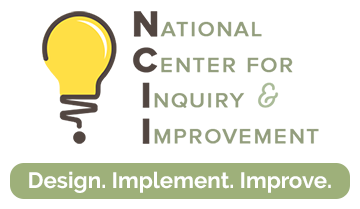NCII launches Phase 2 of Rural Guided Pathways Project with 28 colleges across 16 states.
Phase 2 (2025-2027) builds on the incredible progress of Phase 1 (2022-2024), adding 13 colleges to 15 from the original cohort. Colleges will work with each other – and community partners in their regions – to implement evidence-based, institution-wide reforms grounded in the guided pathways framework. Learn more about Rural Pathways.
